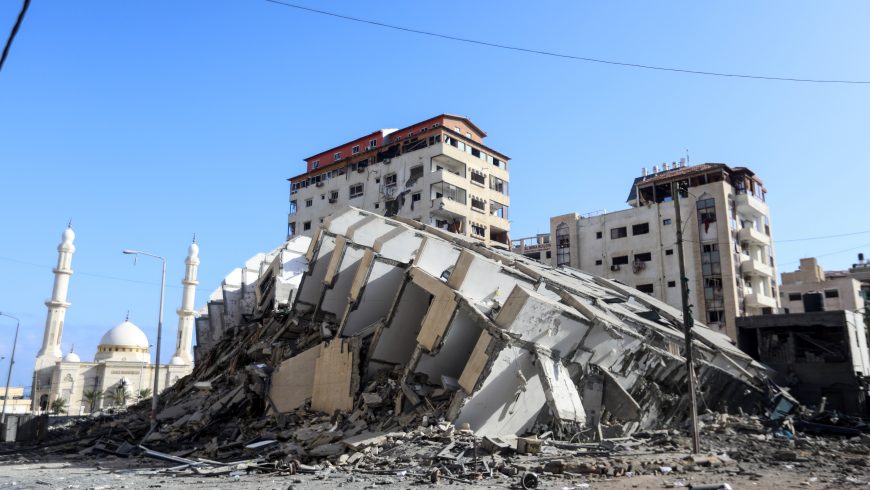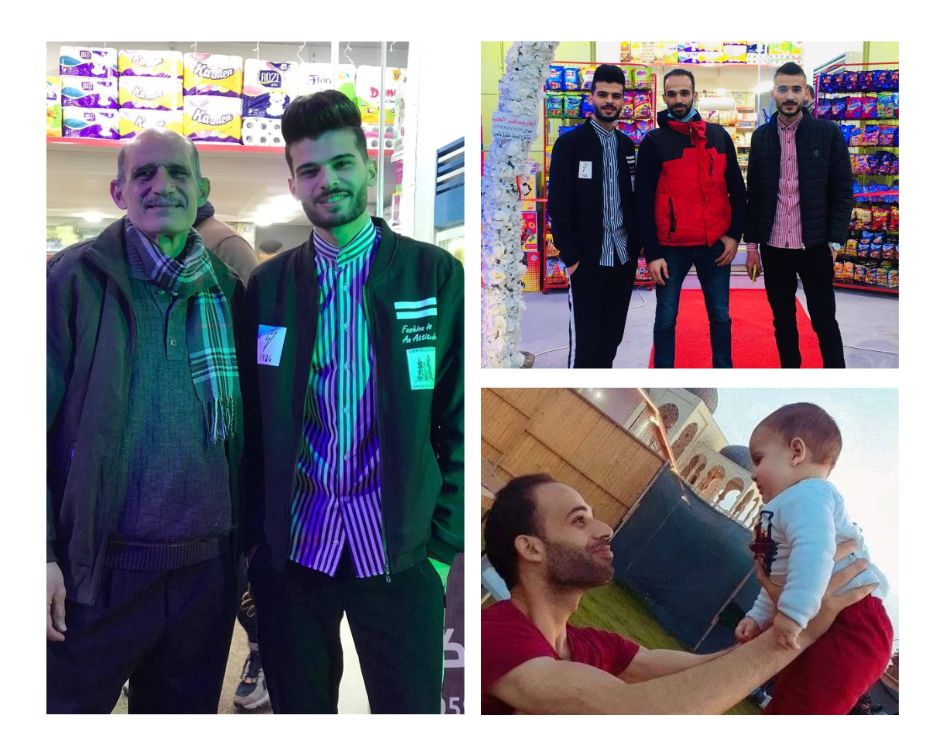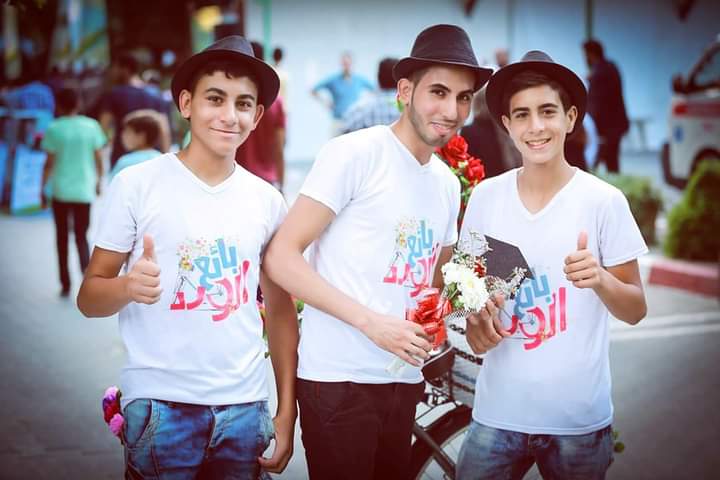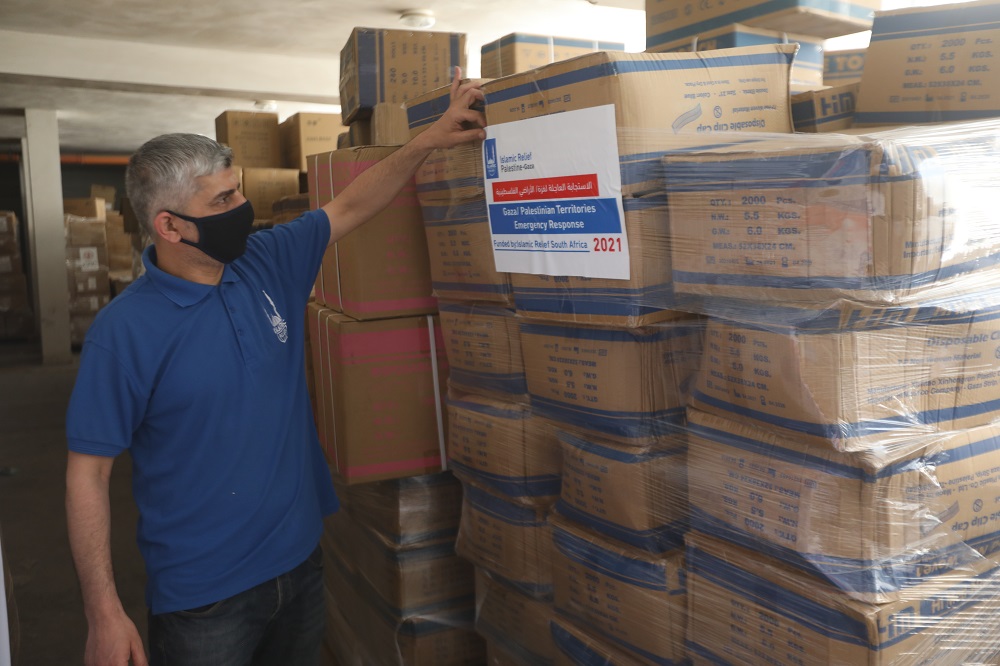by Mohammed Ismail (Safeguarding Officer, Islamic Relief Palestine)
In May 2021, a devastating 11-day escalation in violence rocked Gaza. More than 250 people – including 66 children – were killed in the territory, and nearly 2,000 residents were injured. Rockets destroyed around 300 buildings as well as damaging hospitals and thousands of homes. Mohammad Ismail , Islamic Relief’s safeguarding officer in Gaza, describes the slow pace of recovery and the endurance of the people of Gaza.
More than 12 months on from the latest escalation and things have not improved much. When a ceasefire was agreed last year, there were hopes that the situation in Gaza might improve, but many are questioning if anything has really changed.
Palestinians in Gaza still endure hard times, with restrictions on their movement, soaring rates of unemployment and an unprecedented rise in the prices of most basic goods including bread, flour and fuel.
The effects of the escalation in violence touched the lives of every family in the Gaza Strip and many are still coping with the fallout, including some of my colleagues at Islamic Relief.
‘Nothing has changed’
The Al Koluk family lived through the worst of the escalation. At the time the large family lived in two neighbouring homes in the centre of Gaza City. Twenty-two of its 38 members died when their homes were bombed, and the family is now scattered, living in different houses throughout the city.
Along with her home, Em Waseem – the mother-in-law of my colleague Rami – lost several members of her family.
“I have lost my husband, my sons and daughter. I have lost my grandchildren who called me ‘granny’. Family meant everything,” she told me through tears.
“They came to our house thinking it was in a safe area. Nowhere is safe in Gaza. Now, I’ve lost them all. I could never replace them with all the treasures of the world.
“I will never forget them. I pray we will meet in heaven.”




